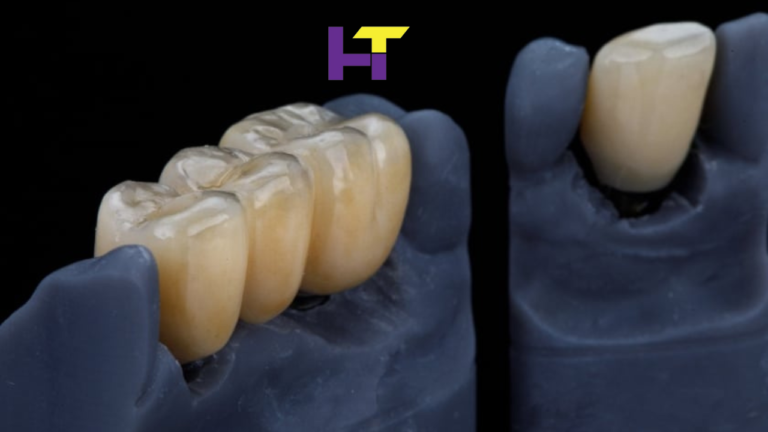Can Kidney Stones Recur, and How Can Recurrence Be Prevented

Kidney stones, often described as small, pebble-like formations within the kidneys, can cause excruciating pain and discomfort. While the experience of passing a kidney stone is unforgettable, many individuals are left wondering about the possibility of recurrence and how to prevent it.
In this comprehensive exploration, we delve into the definition of kidney stones, the various causes leading to their formation, available treatments, the potential for resurgence, and, most importantly, practical strategies to avoid the recurrence of kidney stones.
Kidney Stones Defined
Kidney stones, scientifically known as renal calculi, are solid deposits in the kidneys from accumulating minerals and salts. These deposits can range from a grain of sand to larger, more obstructive structures. The composition of kidney stones varies, with the most common types being calcium oxalate, struvite, uric acid, and cystine stones. Kidney stones often form when there is an imbalance in the substances that promote crystal growth and those that inhibit it.
Causes of Kidney Stones
Understanding the causes of kidney stones is essential for both treatment and prevention. Several factors contribute to their formation:
1. Dehydration: Inadequate water intake can lead to concentrated urine, promoting the crystallization of minerals and salts that form kidney stones.
2. Diet: Certain dietary choices, such as a high intake of oxalate-rich foods (e.g., spinach, nuts) or excessive consumption of salt and protein, can contribute to stone formation.
3. Genetics: A family history of kidney stones increases the likelihood of developing them, suggesting a genetic predisposition.
4. Medical Conditions: Conditions like hyperparathyroidism, urinary tract infections, and inflammatory bowel disease can elevate the risk of kidney stone formation.
5. Obesity: Being overweight or obese can disrupt the balance of substances in the urine, facilitating the development of kidney stones.
Treatments For Kidney Stones
The treatment approach for kidney stones depends on factors like the stone’s size, composition, and the severity of symptoms. Standard treatment options include:
1. Pain Management: Pain relief is crucial during the passage of kidney stones. Nonsteroidal anti-inflammatory drugs (NSAIDs) and prescription pain medications are often prescribed.
2. Medications: Certain medications, such as alpha-blockers, can help relax the muscles in the ureter, facilitating the passage of smaller stones.
3. Extracorporeal Shock Wave Lithotripsy (ESWL): This non-invasive procedure uses shock waves to break kidney stones into smaller fragments, making them easier to pass.
4. Ureteroscopy: A thin tube with a camera is inserted into the urethra to locate and remove or break up the stone.
5. Surgical Intervention: In cases where other methods are ineffective or the stone is too large, surgical procedures like percutaneous nephrolithotomy may be necessary.
Resurgence of Kidney Stones
Despite successful treatment, there is a potential for the recurrence of kidney stones. Factors contributing to the resurgence include:
1. Incomplete Treatment: Failing to address the underlying causes of kidney stones during initial treatment can lead to the formation of new stones.
2. Lifestyle Factors: Poor dietary choices, inadequate hydration, and sedentary lifestyles can contribute to the recurrence of kidney stones.
3. Genetic Predisposition: Individuals with a family history of kidney stones may be more susceptible to recurrent episodes.
4. Medical Conditions: Certain medical conditions, like hyperparathyroidism or kidney disease, may persist, increasing the risk of stone formation.
How to Prevent Resurgence of Kidney Stones
Preventing the recurrence of kidney stones involves a multifaceted approach that addresses lifestyle, dietary habits, and potential underlying medical conditions:
1. Stay Hydrated: Adequate water intake is crucial to dilute urine and prevent the concentration of minerals that lead to stone formation. Aim for at least 8-10 glasses of water per day.
2. Adopt a Balanced Diet: Maintain a diet rich in fruits, vegetables, and whole grains while moderating the intake of oxalate-rich foods, salt, and animal proteins.
3. Limit Sodium Intake: Excessive salt consumption can contribute to the formation of kidney stones. Aim to limit sodium intake and opt for healthier alternatives.
4. Monitor Calcium Intake: While calcium is essential for bone health, excessive intake through supplements may increase the risk of kidney stones. Consult a healthcare professional to determine the appropriate calcium levels for your needs.
5. Exercise Regularly: Physical activity promotes overall health and helps maintain a healthy weight, reducing the risk of kidney stone recurrence.
6. Identify Underlying Conditions: Work with healthcare providers to identify and manage any underlying medical conditions contributing to kidney stone formation.
7. Medication Adherence: If prescribed medications to prevent stone formation, adhere to the recommended dosage and follow-up appointments.
Conclusion
Kidney stones can be a painful and recurrent concern for many individuals. Understanding the causes, seeking appropriate treatment, and adopting preventive measures are crucial to managing this condition. By addressing lifestyle factors, staying hydrated, and working closely with healthcare professionals, individuals can significantly reduce the likelihood of kidney stone resurgence and enjoy a healthier, stone-free life.






